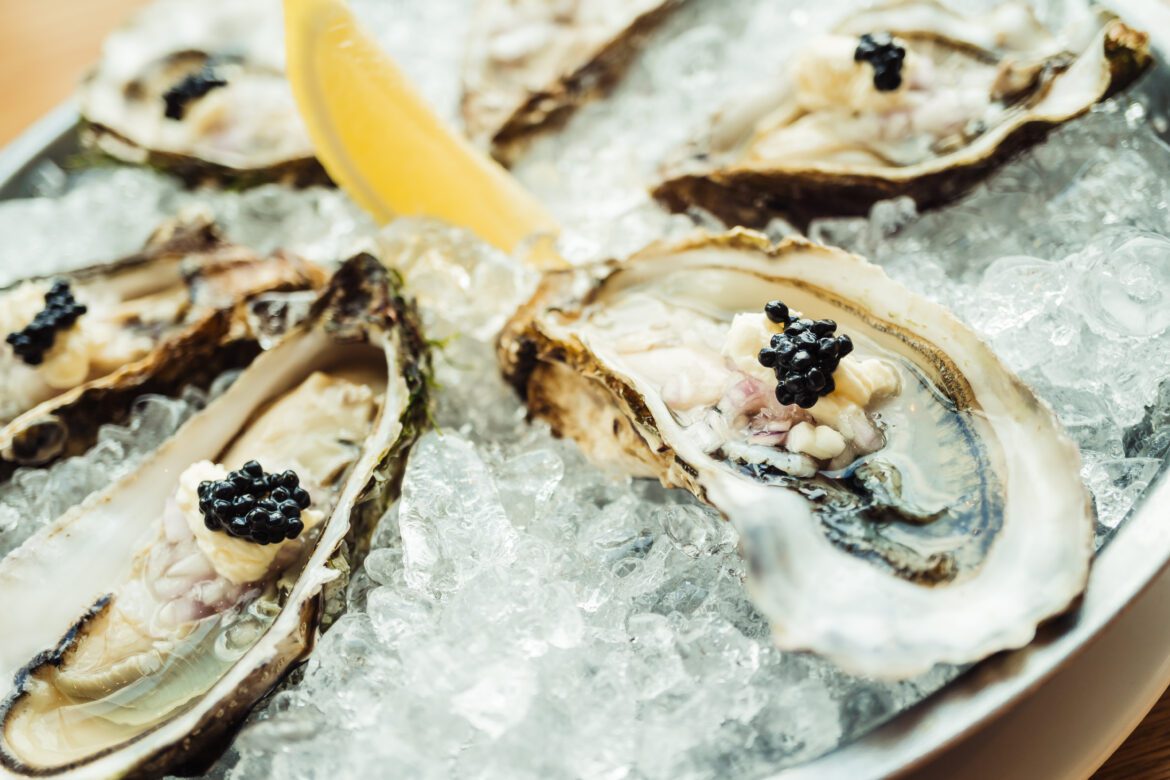Travel is not just about seeing new places; it’s about tasting them too. In an age where local flavors and traditional recipes are being celebrated, culinary tourism has taken center stage in the travel industry. It’s not just about dining at Michelin-starred restaurants; it’s about the humble street food, family-run eateries, cooking classes, and even foraging tours that immerse you in the local culture like never before.
The Allure of Culinary Experiences
For many travelers, food is an entry point into a culture, a way to connect with the people and their traditions. Culinary tourism is an exploration of the food landscape, offering a taste of regional specialties, a touch of local hospitality, and an understanding of cultural identity.
The Rise of Food Tours
Food tours are increasingly popular, weaving stories and flavors into unforgettable experiences. From tasting tacos in Mexico City to sampling sushi in Tokyo, these guided tours often include visits to markets, interaction with local chefs, and the opportunity to prepare a dish yourself.
Cooking Classes: A Deep Dive into Culture
A hands-on cooking class can be one of the most authentic experiences you can have while traveling. Learning to make pasta in Italy or curry in Thailand from a local expert not only teaches you a skill but brings you closer to the heart of the place. It’s not just about cooking; it’s about stories, techniques, and traditions that have been passed down through generations.
Farm-to-Table and Foraging
A growing trend in culinary tourism is the farm-to-table movement and foraging tours, where travelers can see firsthand where their food comes from. Picking berries in the wild, gathering herbs, or learning about sustainable farming practices offers a unique connection to the land.
A Journey Through Wine and Beverages
The world of beverages is as diverse as the culinary scene. Wine tours in regions like Bordeaux, Napa, or Tuscany can offer a deep understanding of the terroir, the grapes, and the skill behind a bottle of wine. Similarly, tea ceremonies in Japan or whiskey tasting in Scotland provide a rich cultural context.
Culinary Destinations to Explore
Some cities have become synonymous with their culinary heritage. Think of New Orleans with its gumbo, Istanbul with its baklava, or Barcelona with its tapas. But beyond the famous food cities, travelers are exploring less-known places, where traditional food culture thrives.
Challenges and Responsibility
As culinary tourism grows, so does the responsibility to practice it sustainably. Over-tourism can threaten traditional food cultures, and mindful travelers must seek authentic experiences that support local communities rather than exploit them.
Conclusion
Culinary tourism is a multi-sensory experience that goes beyond mere consumption. It is about appreciating the art of cooking, understanding the history behind the dish, and savoring the connections made over a shared meal. As author and chef Anthony Bourdain said, “Food is everything we are. It’s an extension of nationalist feeling, ethnic feeling, your personal history, your province, your region, your tribe, your grandma.”
In a world where travel is often about ticking off sights, culinary tourism invites you to slow down, taste, and absorb the culture. It’s a journey of flavors that lingers long after the trip has ended. Whether you are a food enthusiast or just a curious traveler, the world’s kitchen awaits you.

